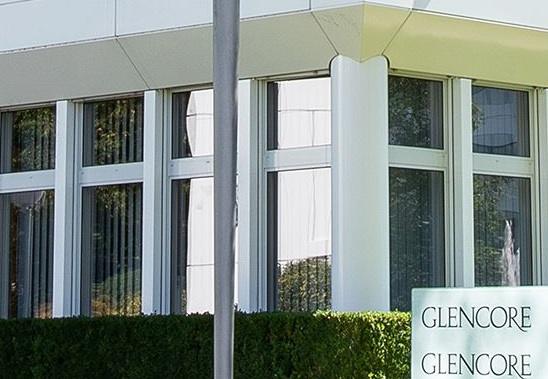Smithfield Foods First Major U.S. Protein Company to Commit to be Carbon Negative
Protein producer and food processing company Smithfield Foods announced today a commitment to be carbon negative by 2030, effectively removing more carbon from the atmosphere than it emits. The company is the first major US protein producer to commit to this goal.
Kenneth M. Sullivan, President and Chief Executive Officer, Smithfield Foods, said:
“As the world grapples with environmental challenges impacting our planet, consumers are looking to companies to take deliberate, bold action to address issues such as climate change. The world is at an inflection point. To feed a growing world population, with finite resources available to grow and produce the food we need, we must limit our environmental impact. At Smithfield, we are utilizing our expansive reach to lead efforts to eliminate our carbon footprint in our company-owned operations and remove greenhouse gases from the atmosphere.”
The commitments from today’s announcement are in addition to the company’s “25-by-25” goal established in 2016 to reduce scope 1-3 GHG emissions by 25% by 2025. The company has also launched Smithfield Renewables, a platform to unite its carbon reduction and renewable energy efforts.
Stewart Leeth, Vice President and Chief Sustainability Officer, Smithfield Foods, said:
“Smithfield pioneered bold carbon emission targets in our industry, and we are continuing to innovate long-term solutions across our industry-leading sustainability program. To achieve this ambitious new carbon negative objective, work is already underway and will include a variety of strategies, including renewable natural gas ventures, regenerative agricultural practices, improvements in our animals’ diets, renewable electricity purchases and transportation, logistics and packaging projects.”
Smithfield announced that it aims to achieve its emission goal without purchasing carbon offset credits, and will include multiple efforts across the company’s operations, including its farms, food production facilities, and transportation and logistics.
On its farms, Smithfield’s efforts will be focused on ensuring crops are grown with efficient fertilizer and soil health practices, and implementing renewable energy projects that reduce emissions through renewable natural gas (RNG), and wind and solar power generation. Smithfield utilizes a biogas program that captures methane from hog manure on farms and transforms it into RNG, and the company is implementing RNG projects across most of its finishing spaces in several states including North Carolina, Utah, Virginia and Missouri, and others.
In its production facilities, Smithfield aims to pursue aggressive energy efficiency initiatives, and to increase use of renewable energy. Energy efficiency projects will cover areas including refrigeration, lighting and other equipment. Renewable energy will be obtained from several sources including wind projects, as well as from renewable natural gas that the company generates from its own wastewater treatment operations.
Smithfield’s transportation and logistics initiatives will include efforts to reduce miles driven in the company’s operations. The company is cutting the number of regional distribution centers and enhancing transportation routes to be shorter and more efficient, reducing distance traveled each year by approximately 11.2 million miles and diesel consumption by 1.6 million gallons, equivalent to taking more than 2,800 passenger cars off the road annually.
Kraig Westerbeek, Senior Director of Smithfield Renewables and Hog Production Environmental Affairs, Smithfield Foods, said:
“Renewable energy is a cornerstone of our strategy to become carbon negative, and we have spent decades investing in and perfecting our approach. Capturing methane and transforming it into RNG removes at least 25 times more GHGs from the atmosphere than are released from its end use in power plants, homes, vehicles and businesses, creating a cleaner environment and even more sustainable farms.”





